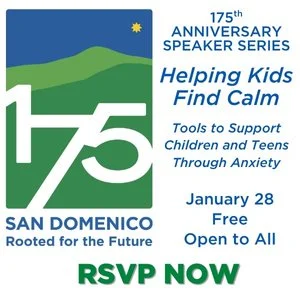Meteors Under Moonlight
/It's still summer, so why not let the kids stay up late to watch the night sky between mid-July to late August. This year the Perseids Meteor Shower will peak on August 13, 2023. This is one of the best annual meteor showers to observe in the northern hemisphere, producing up to 100 large, bright meteors per hour with streaks of light that illuminate the night sky sure to delight your budding astronomer.
You may have heard these streaks of light referred to as a "shooting star." The closest star to Earth is the Sun. Those streaks of light are actually tiny specks of comet-dust hitting Earth's atmosphere at a very high rate of speed and disintegrating in flashes of light.
Best viewing is late at night from a dark location and clear sky. If we're really lucky we will also have a clear and cloudless sky.
Top 4 tips to help you best prepare:
Be sure to dress appropriately and bring something comfortable to sit or lie on and a clear view of the night sky.
Allow your eyes to adjust to the darkness so try not to turn on a flashlight or electronic devices. Both will destroy night vision. If you bring a flashlight, cover the lens with red cellophane or filter. Red light will allow you enough light to walk around safely in the dark, but will minimize the effect on your night vision.
No need for telescope or binoculars since it reduces the amount of sky you can see.
Lastly, be patient.
It is well worth staying up for what should be an awesome celestial show.















